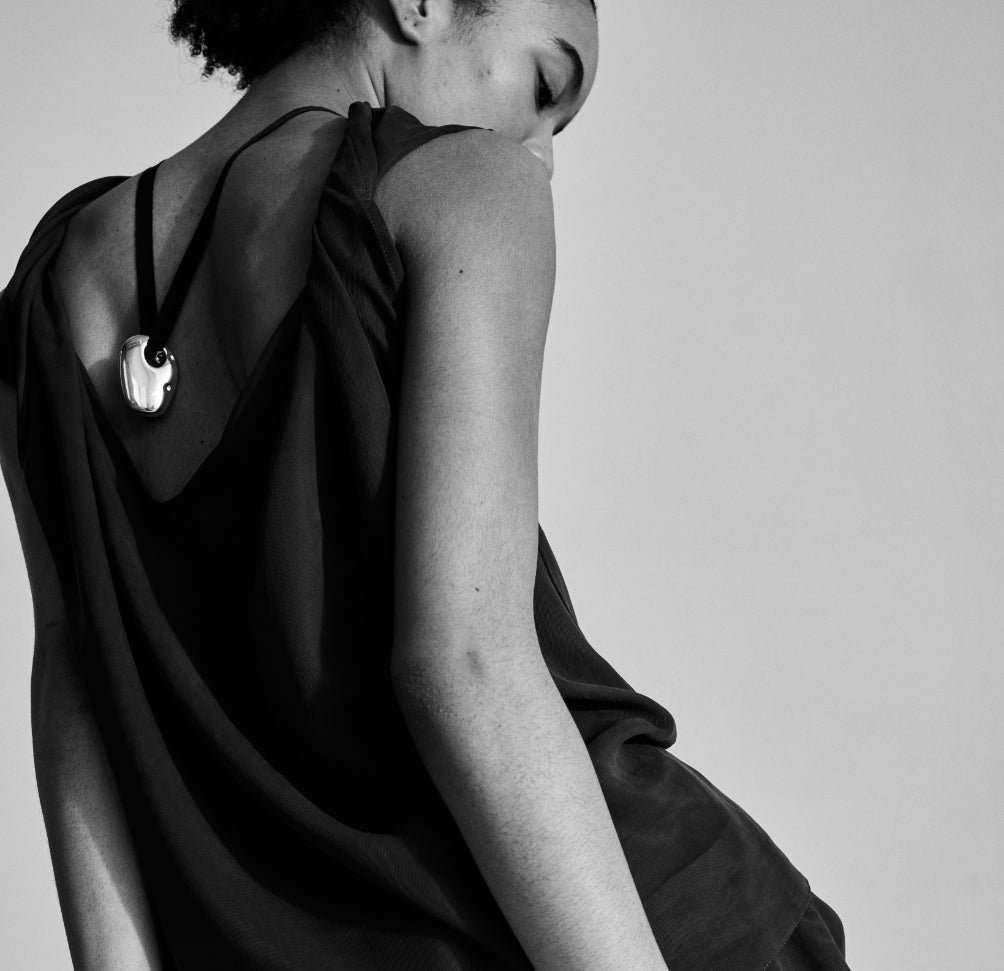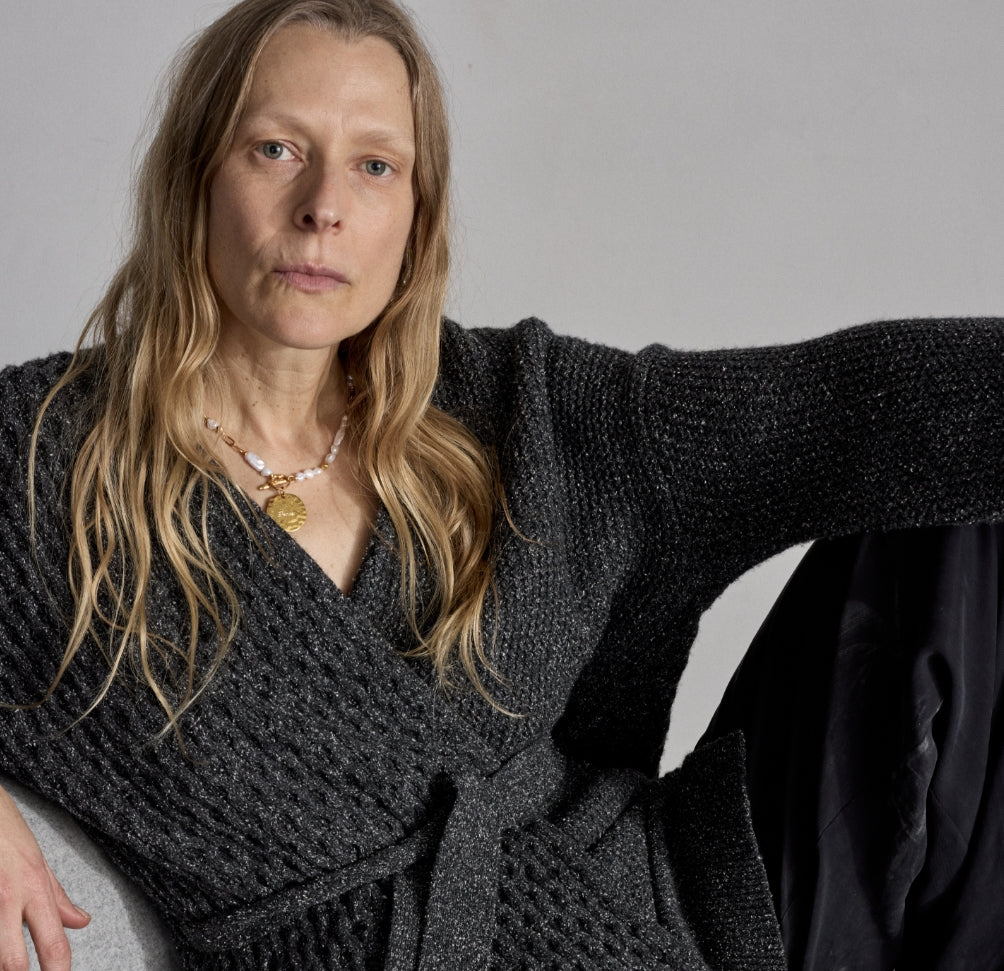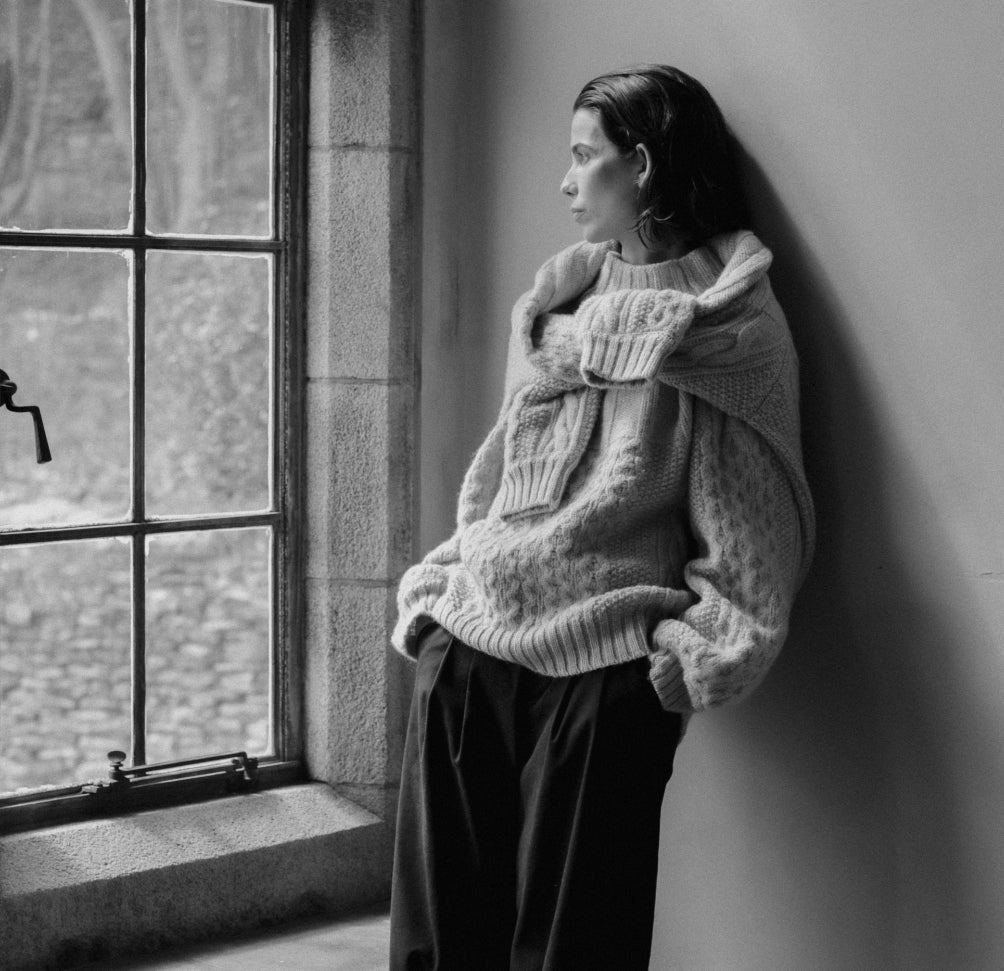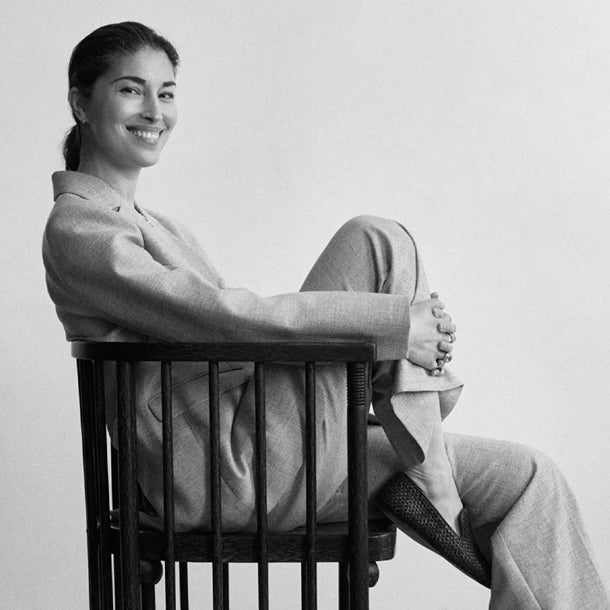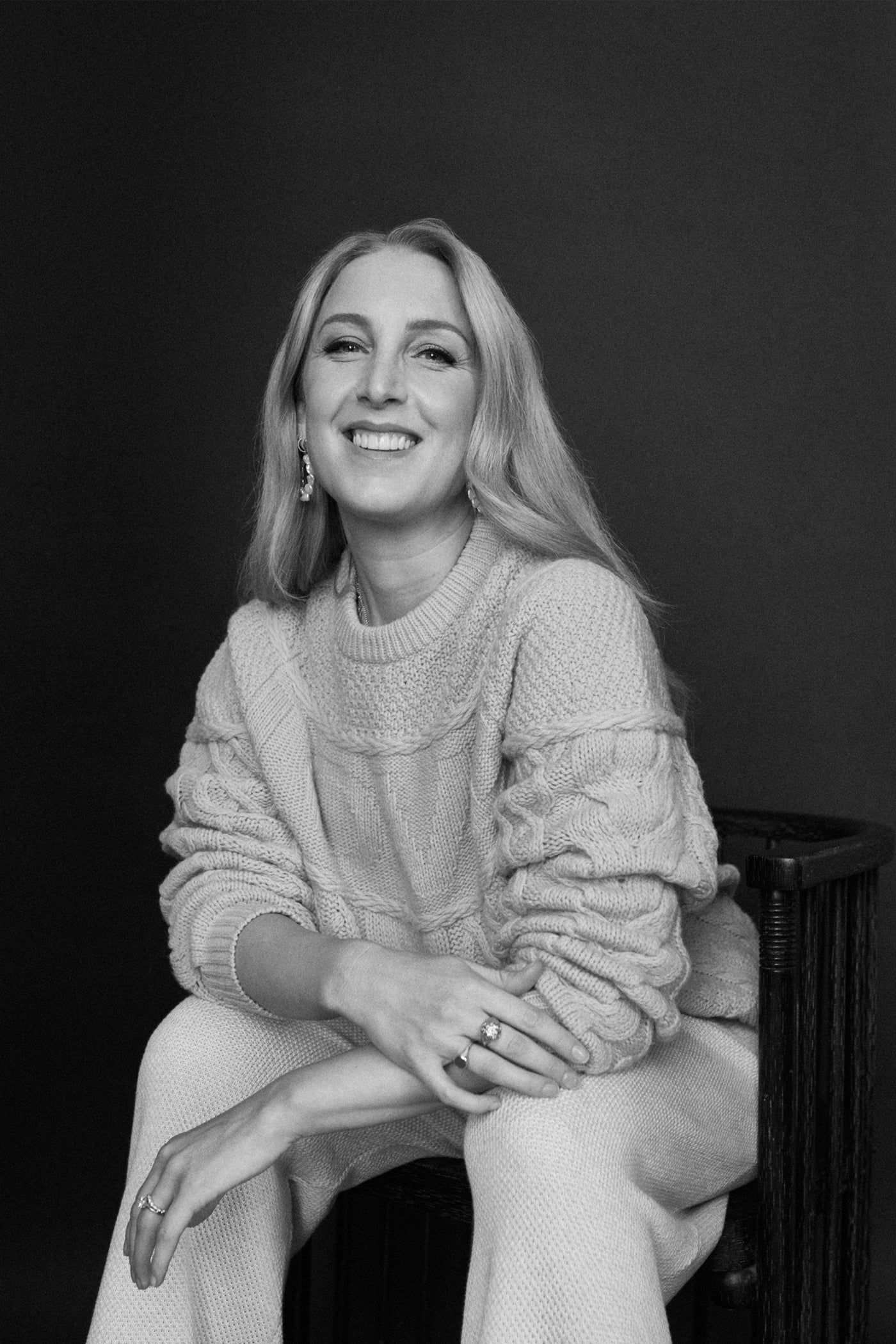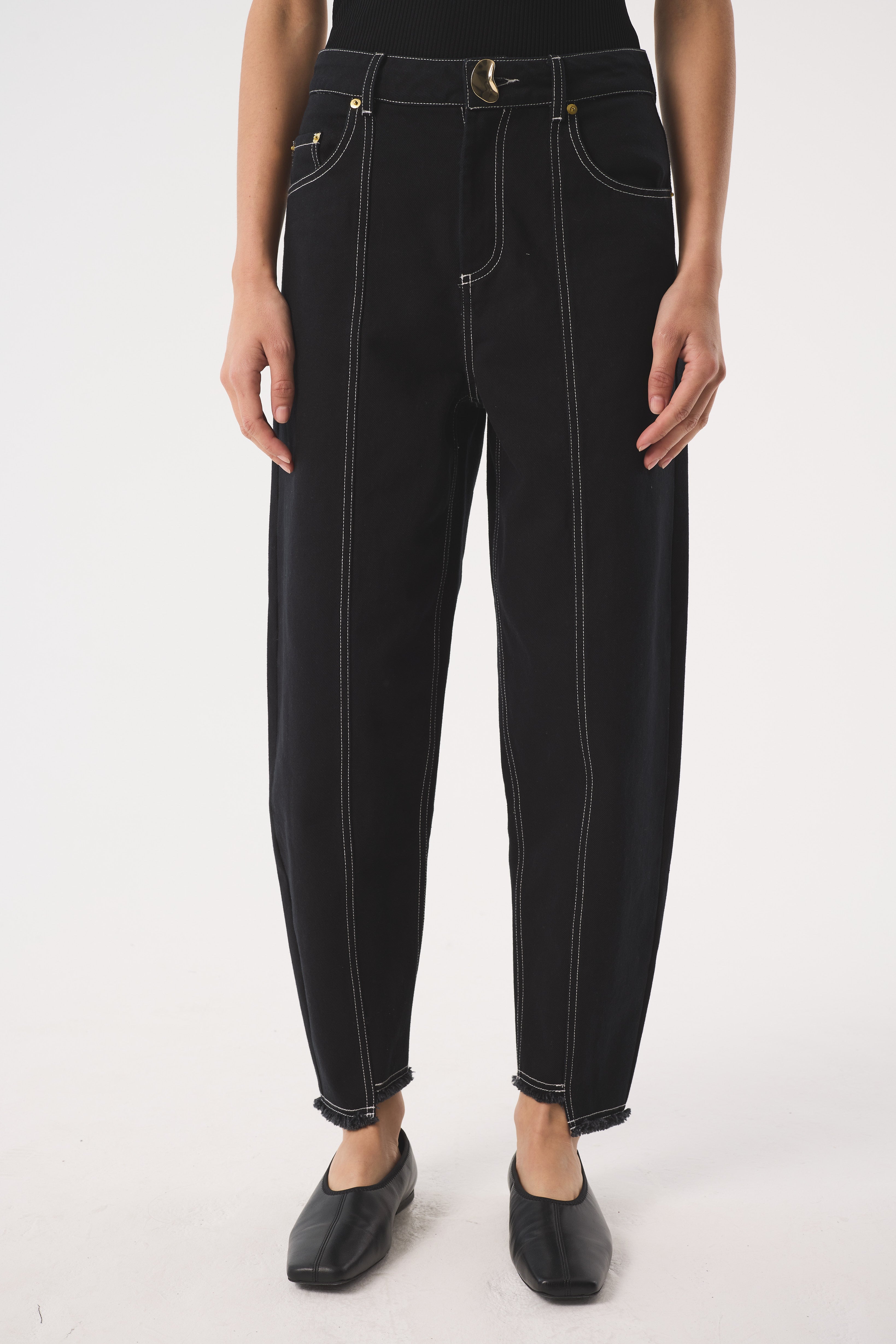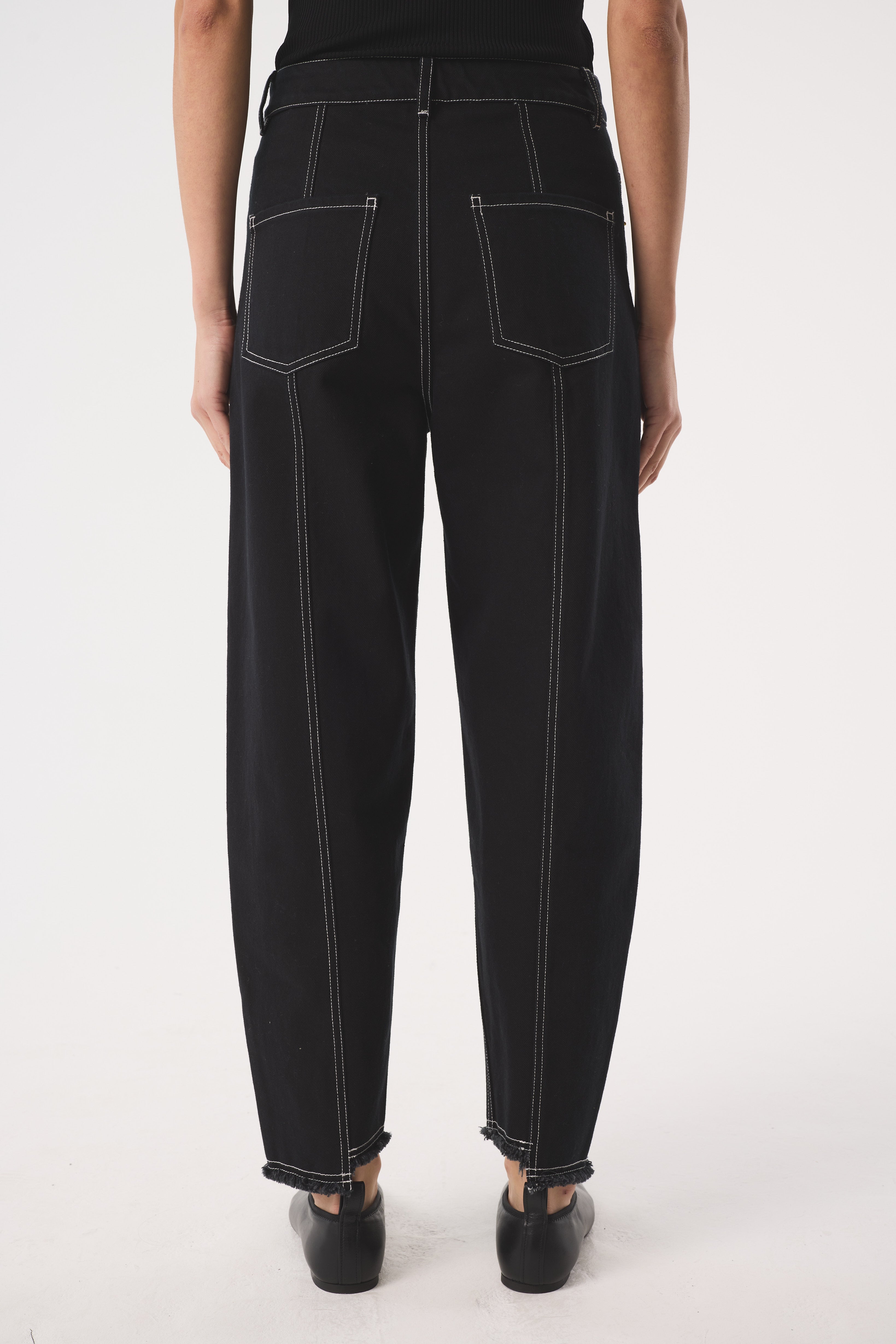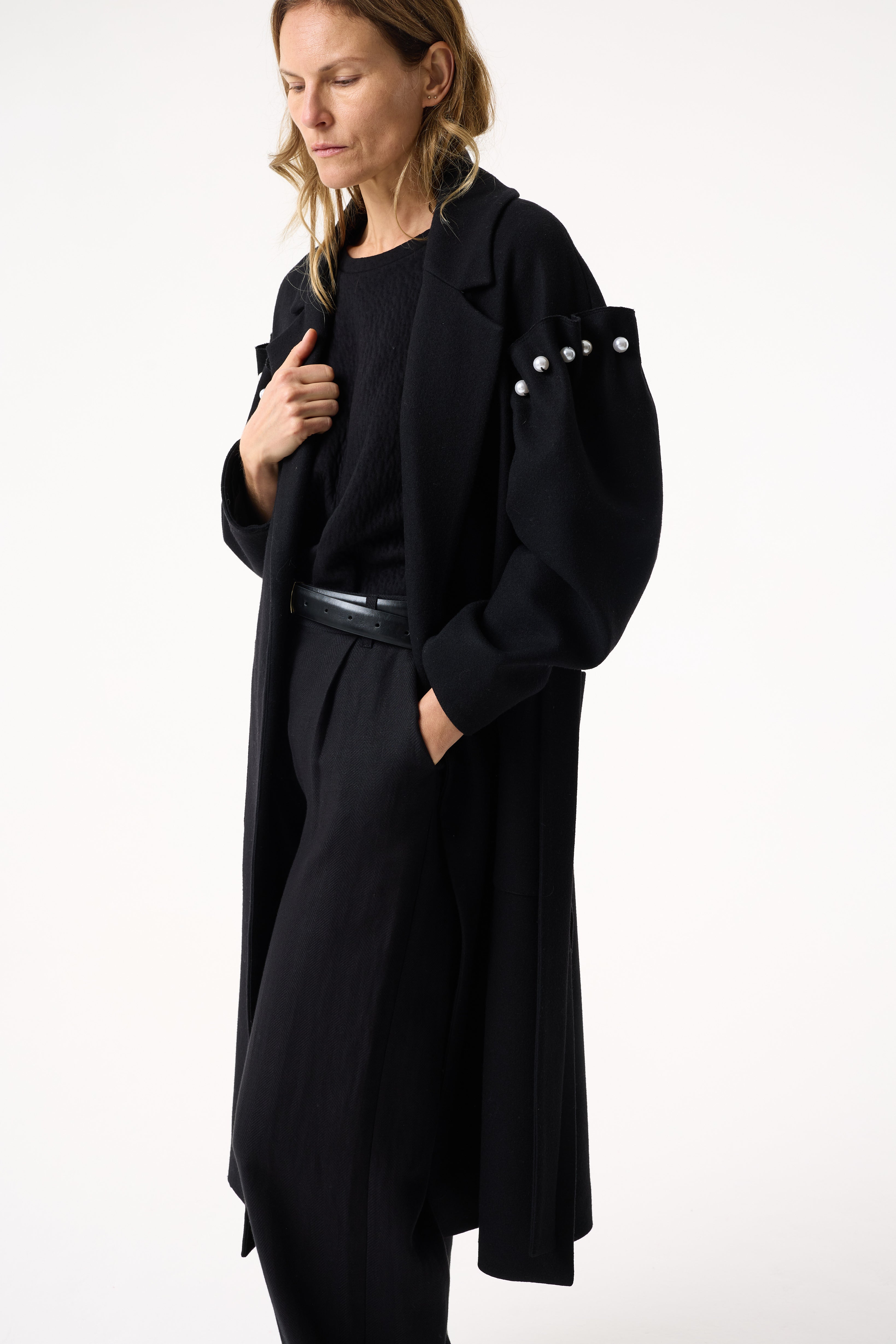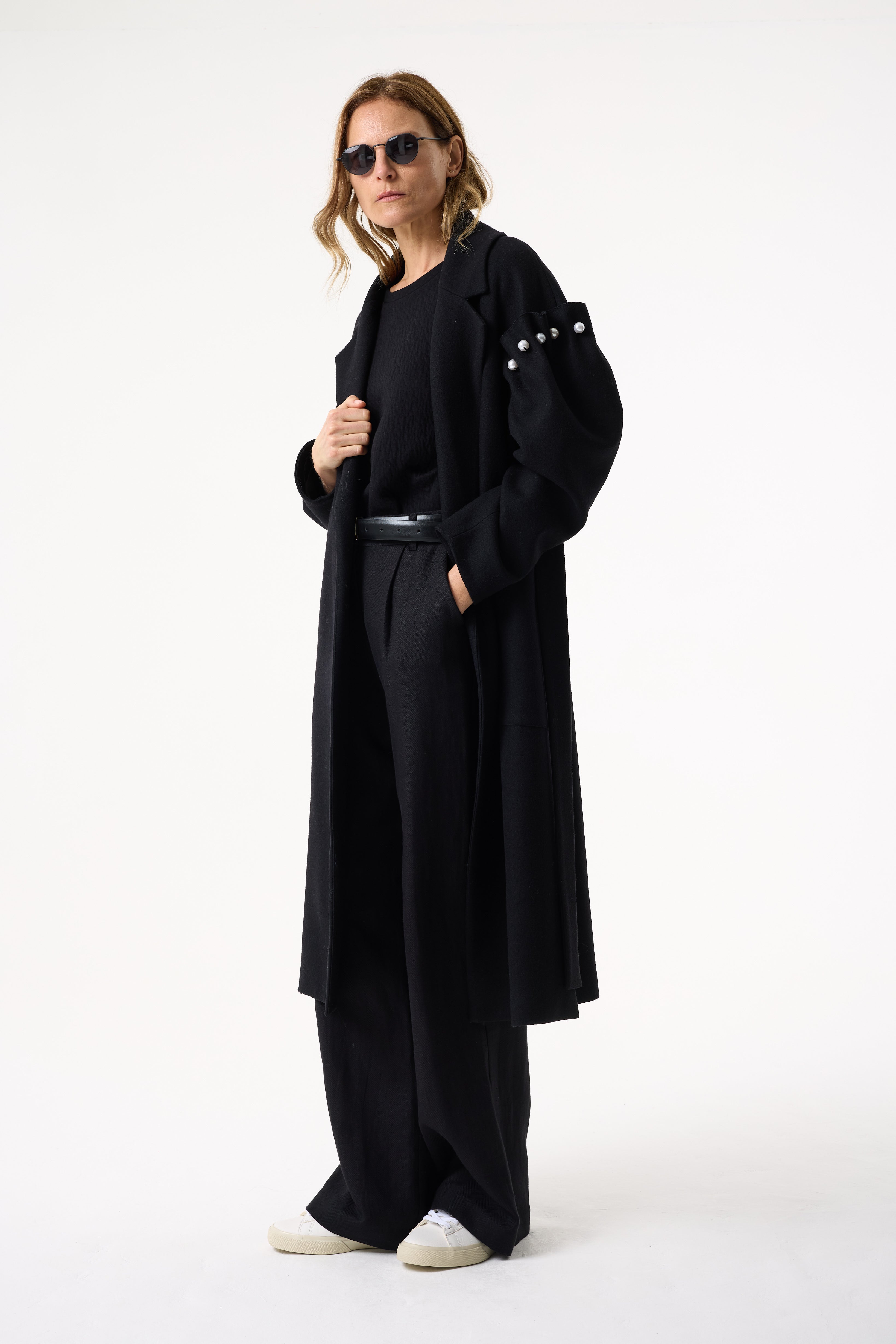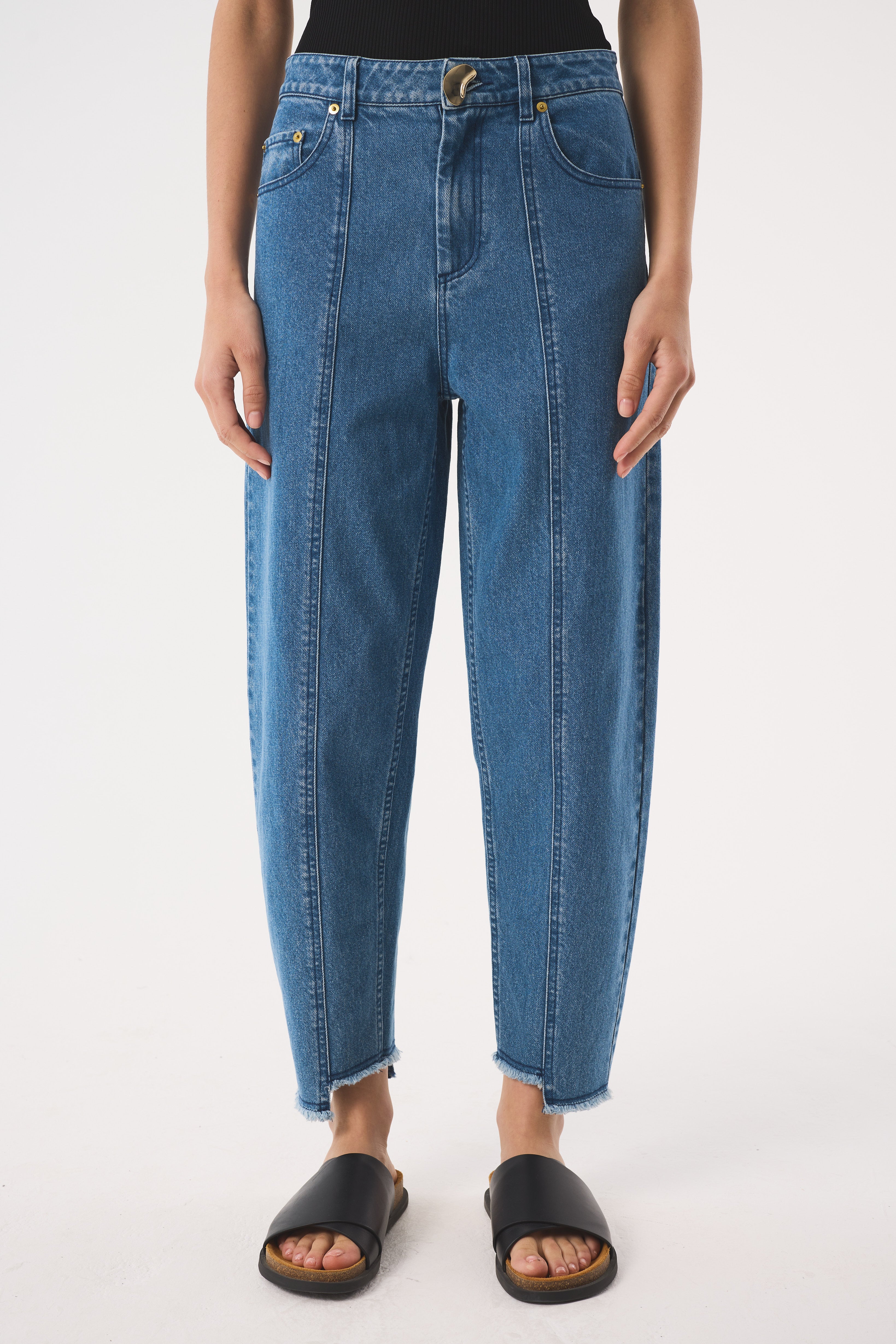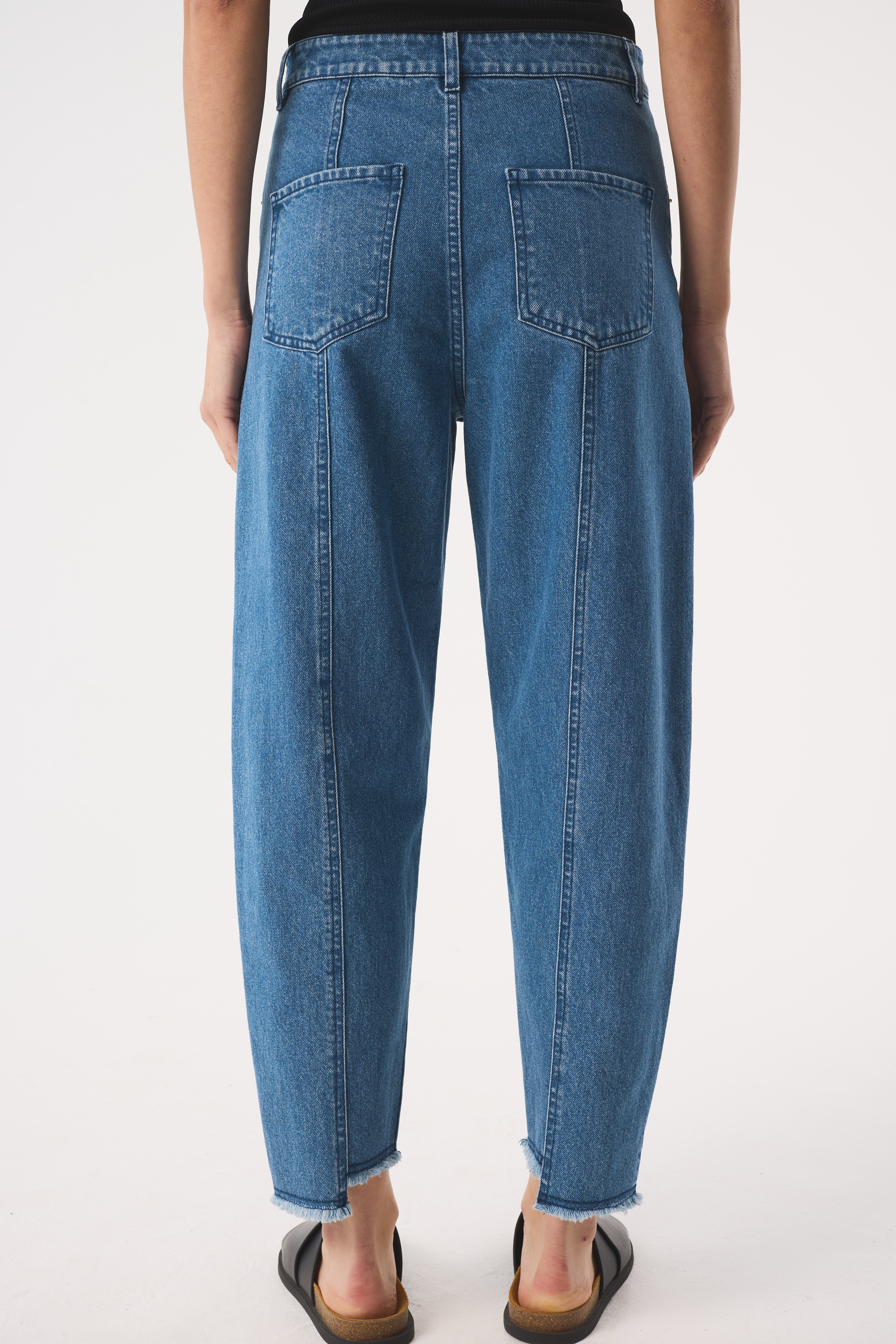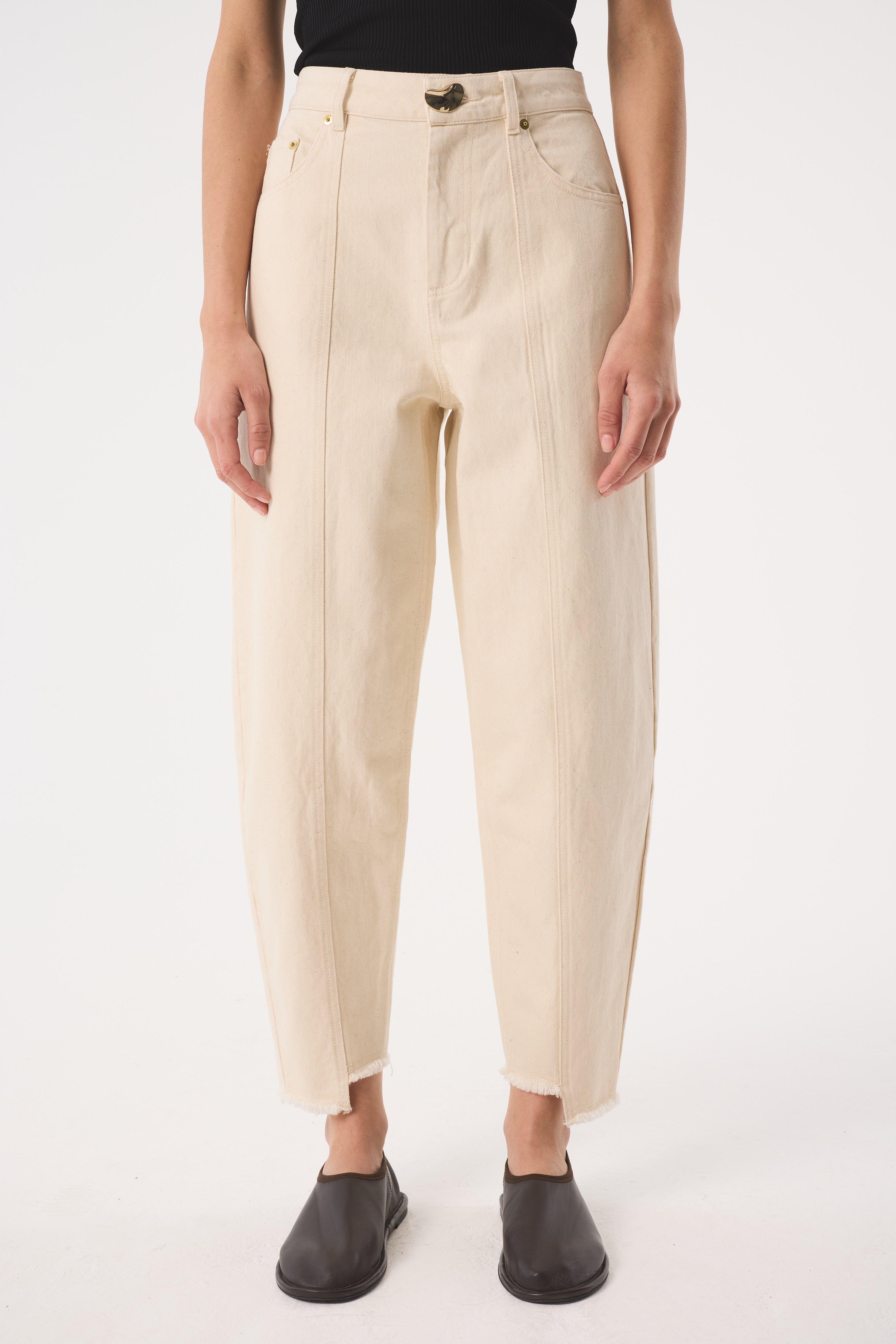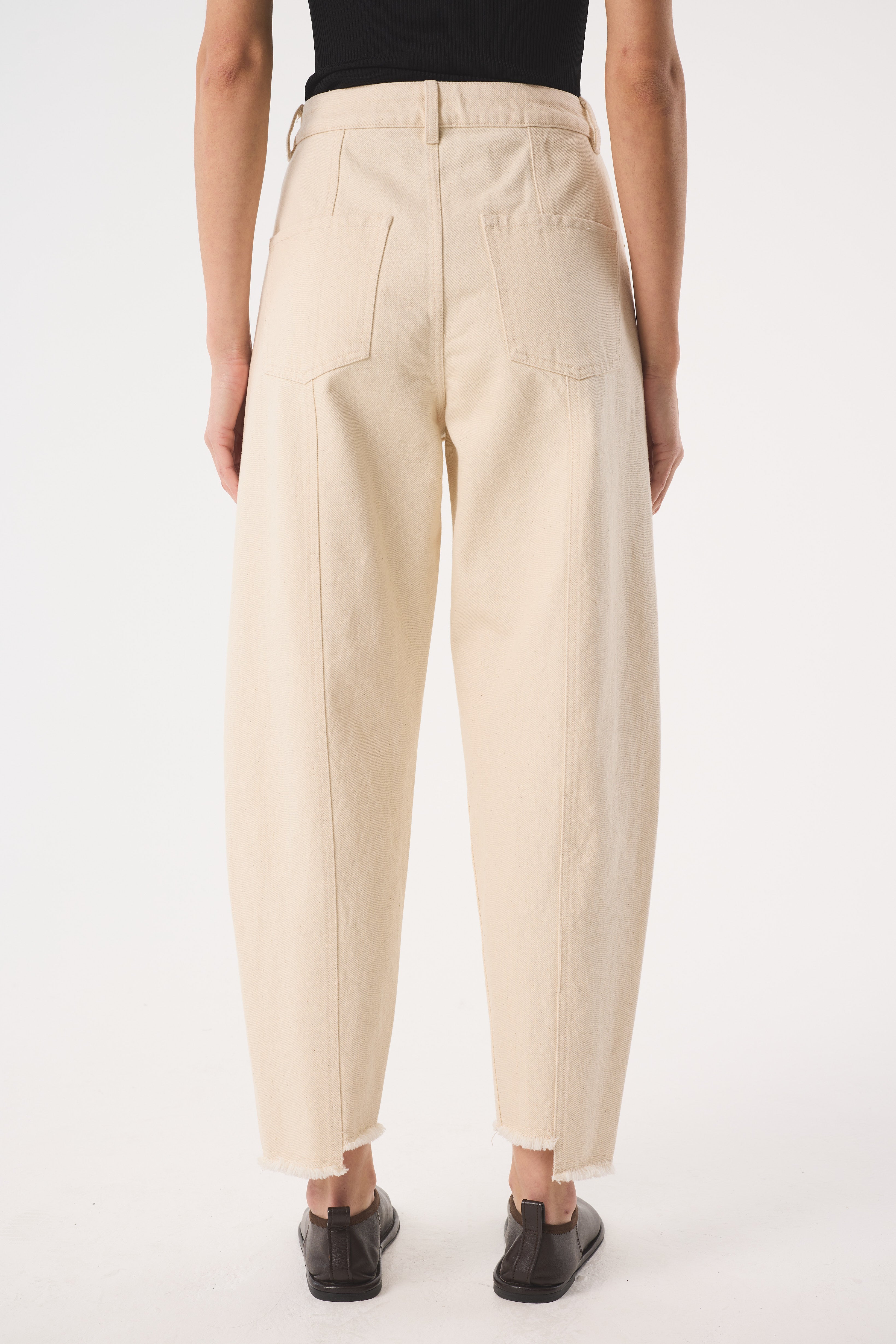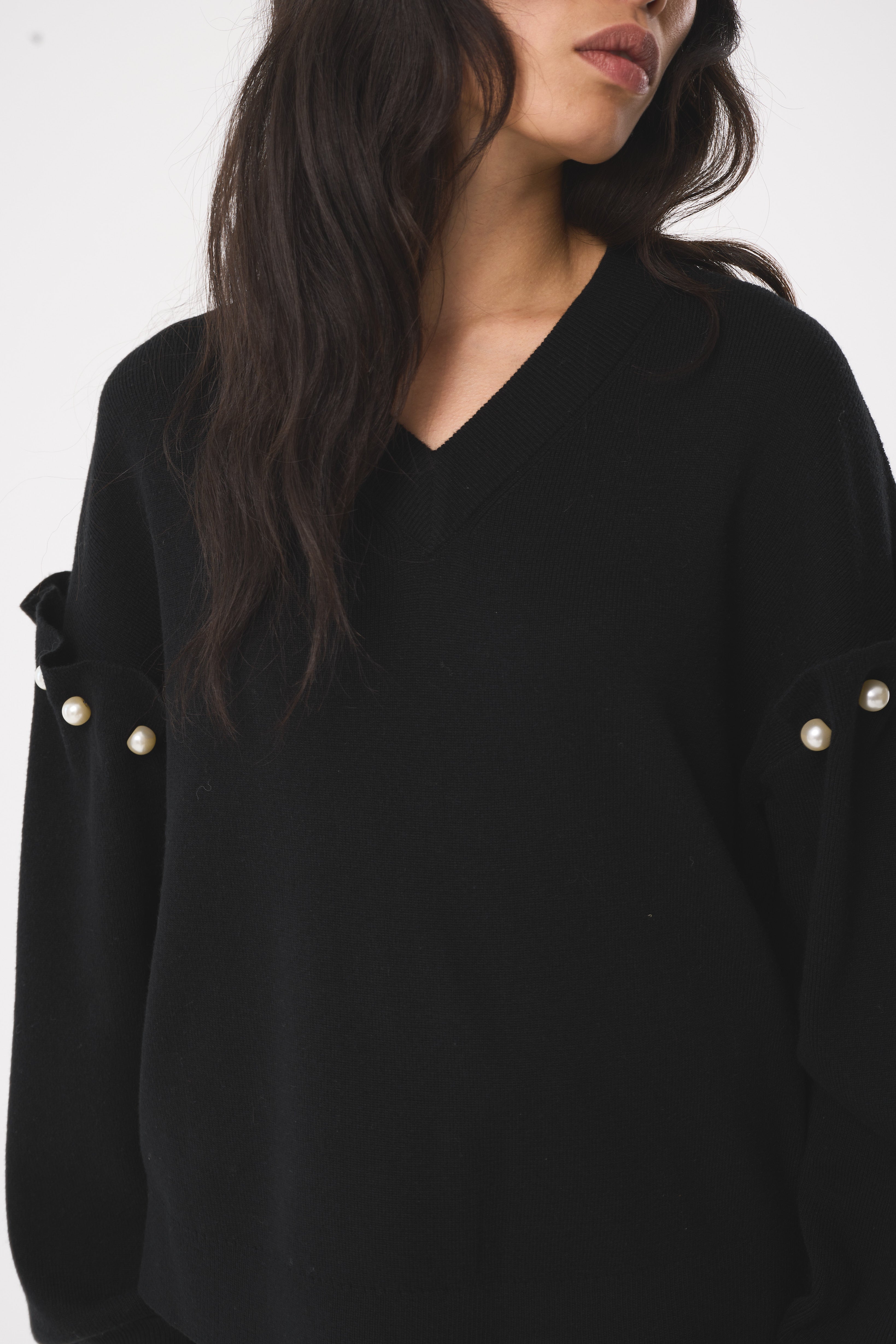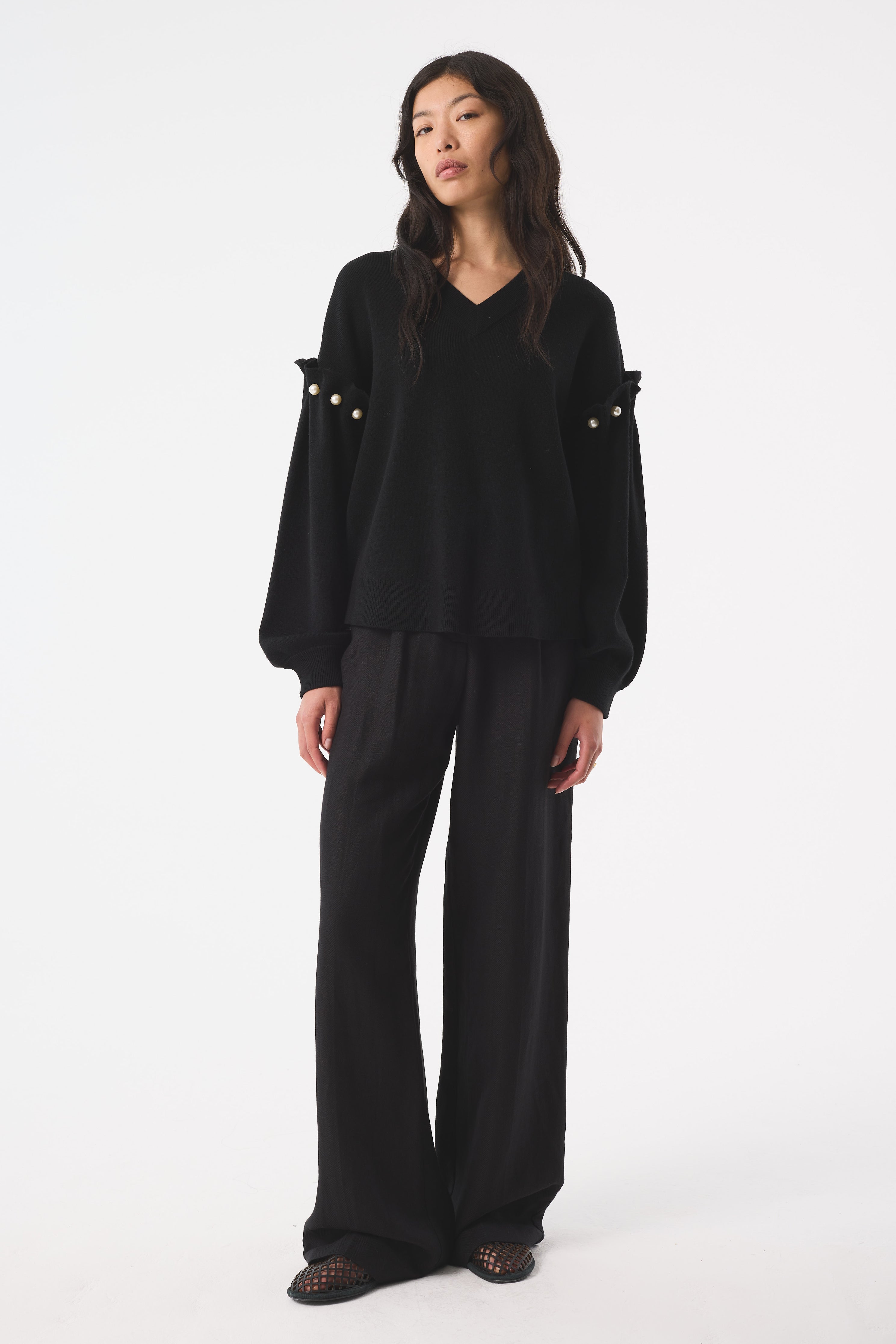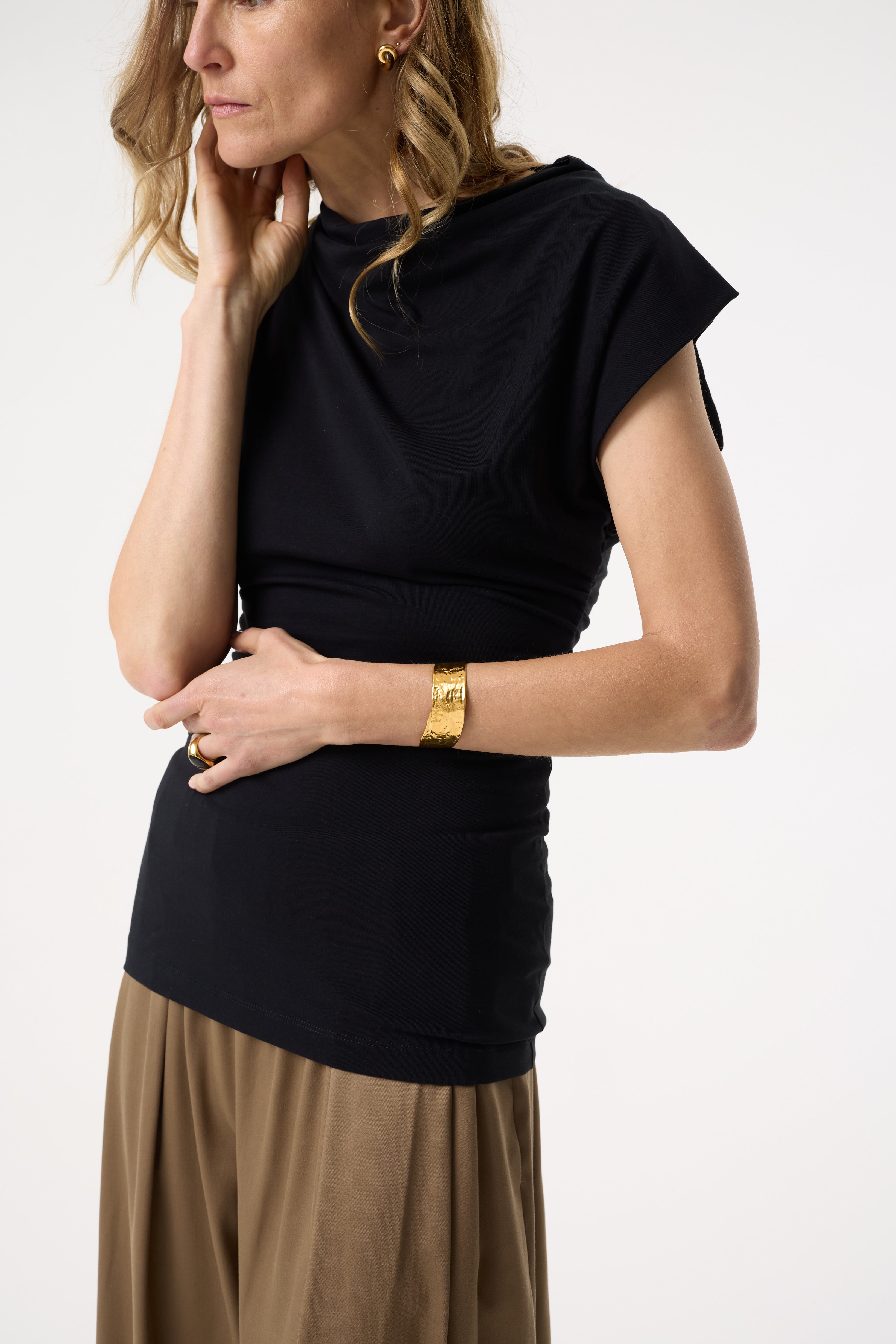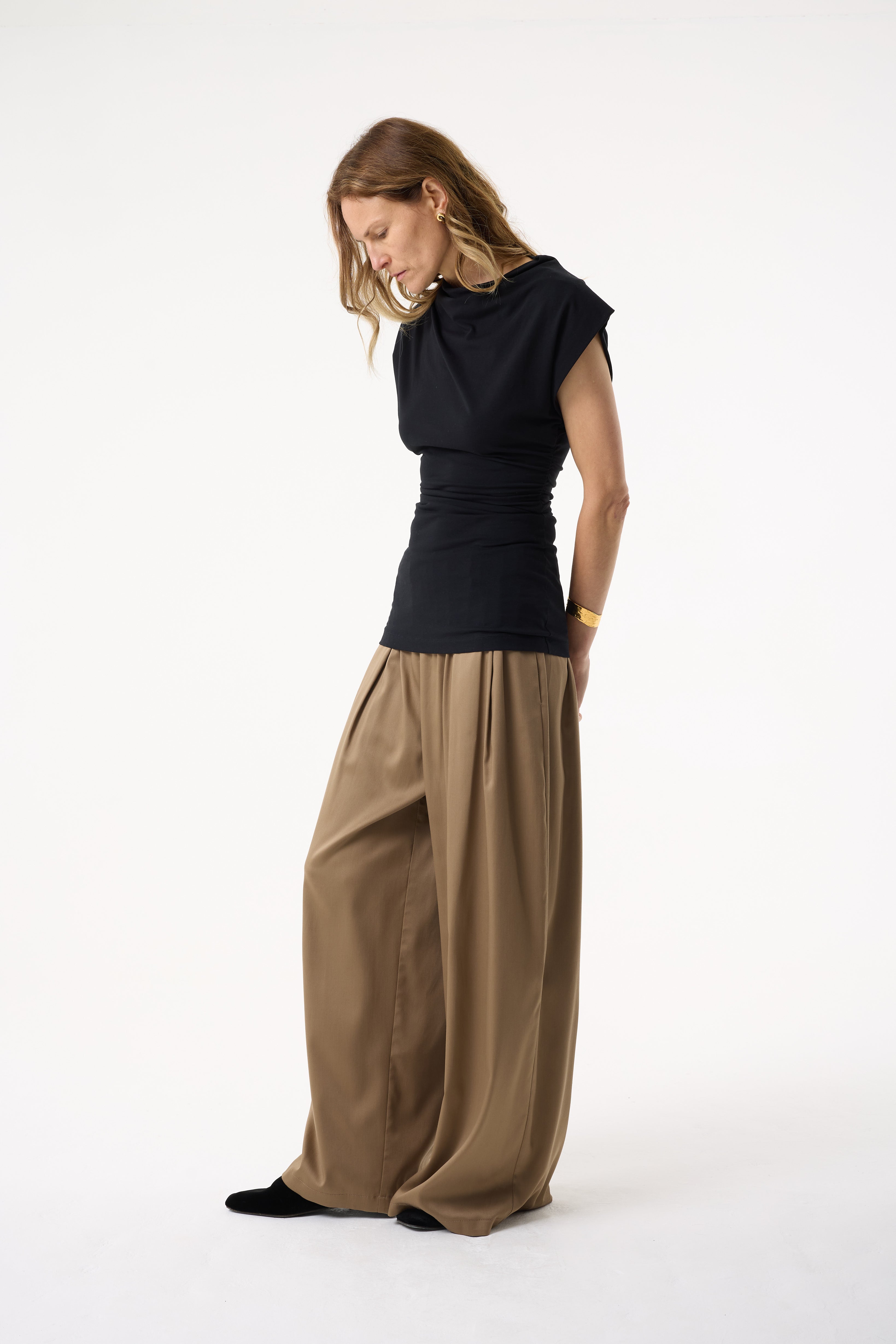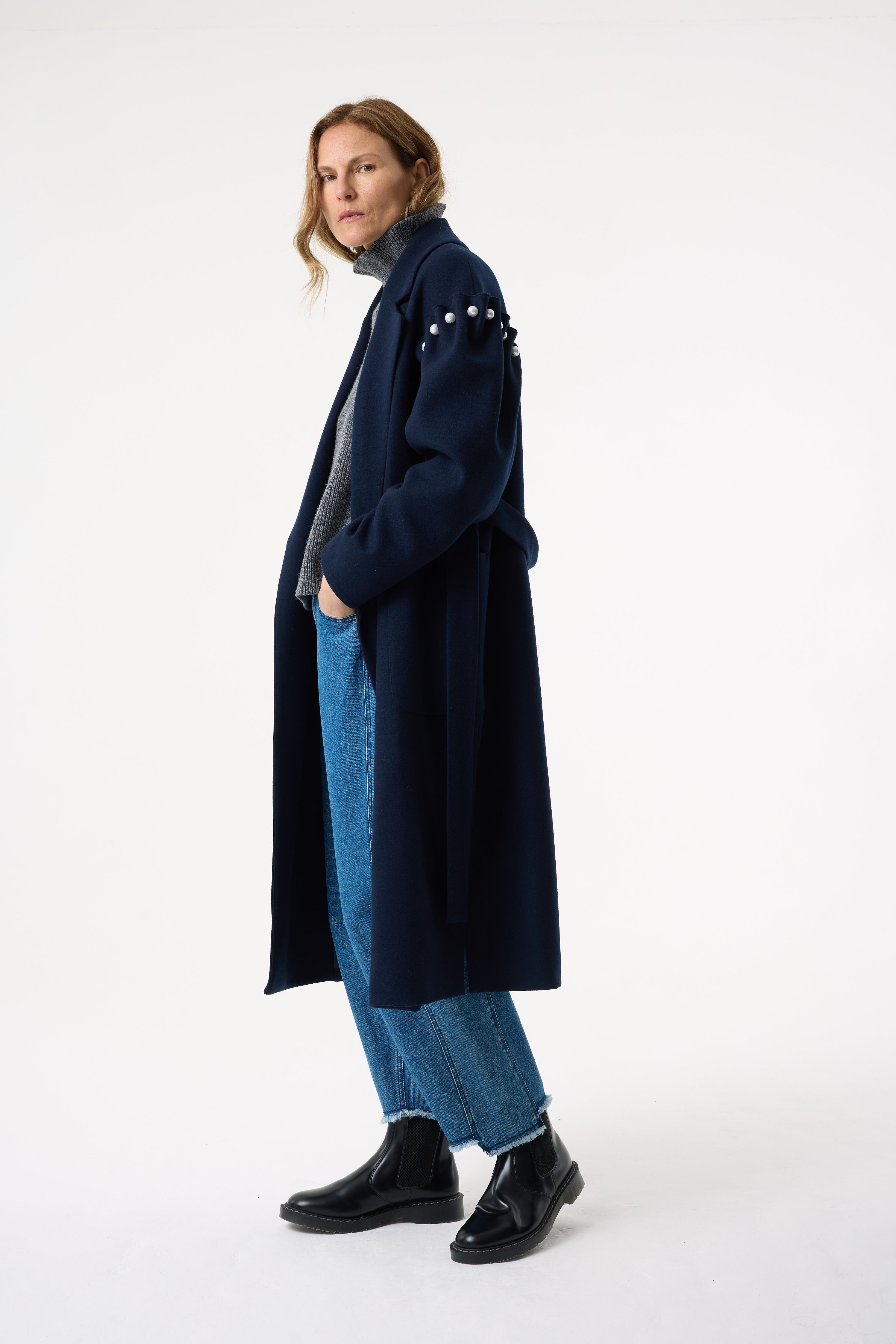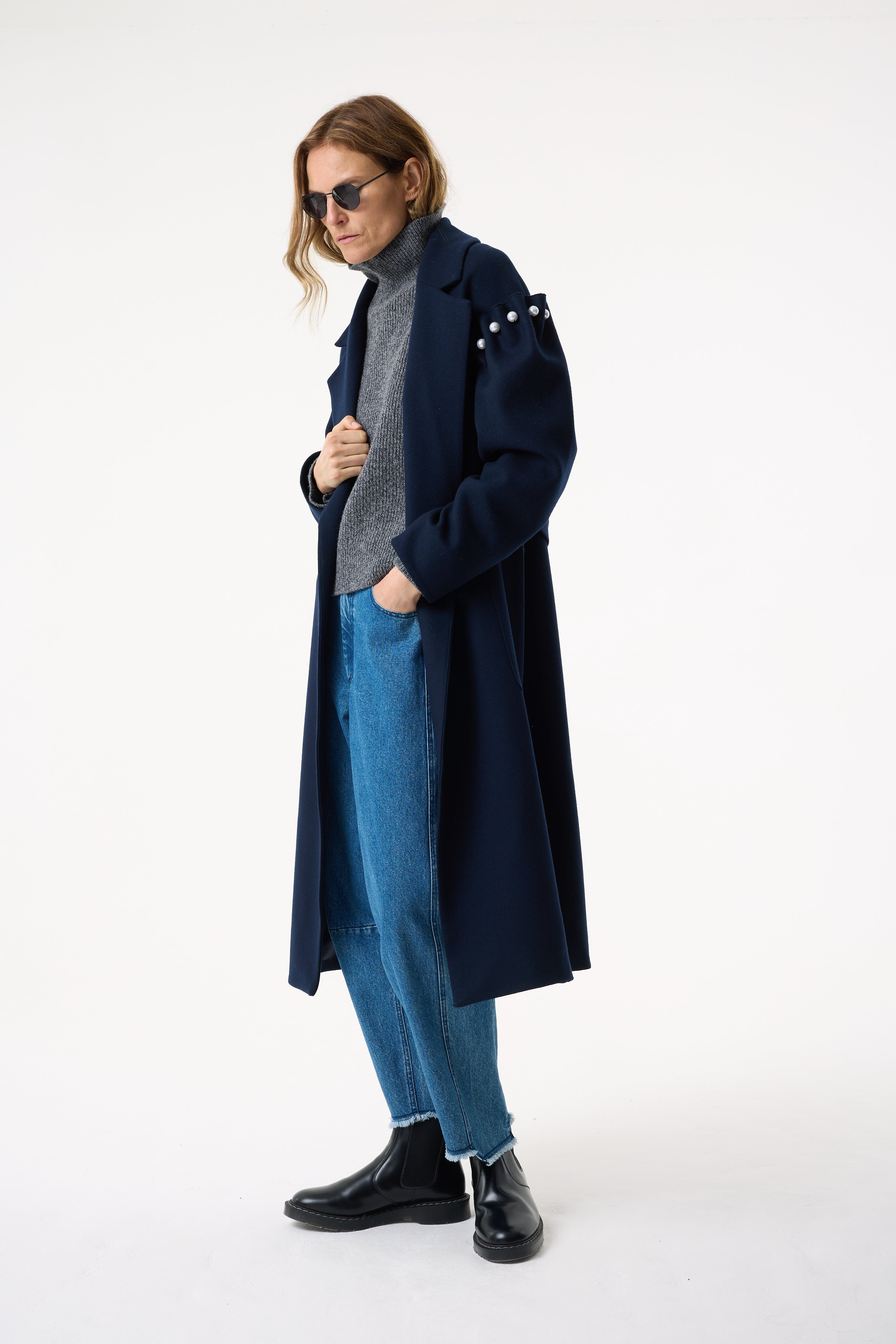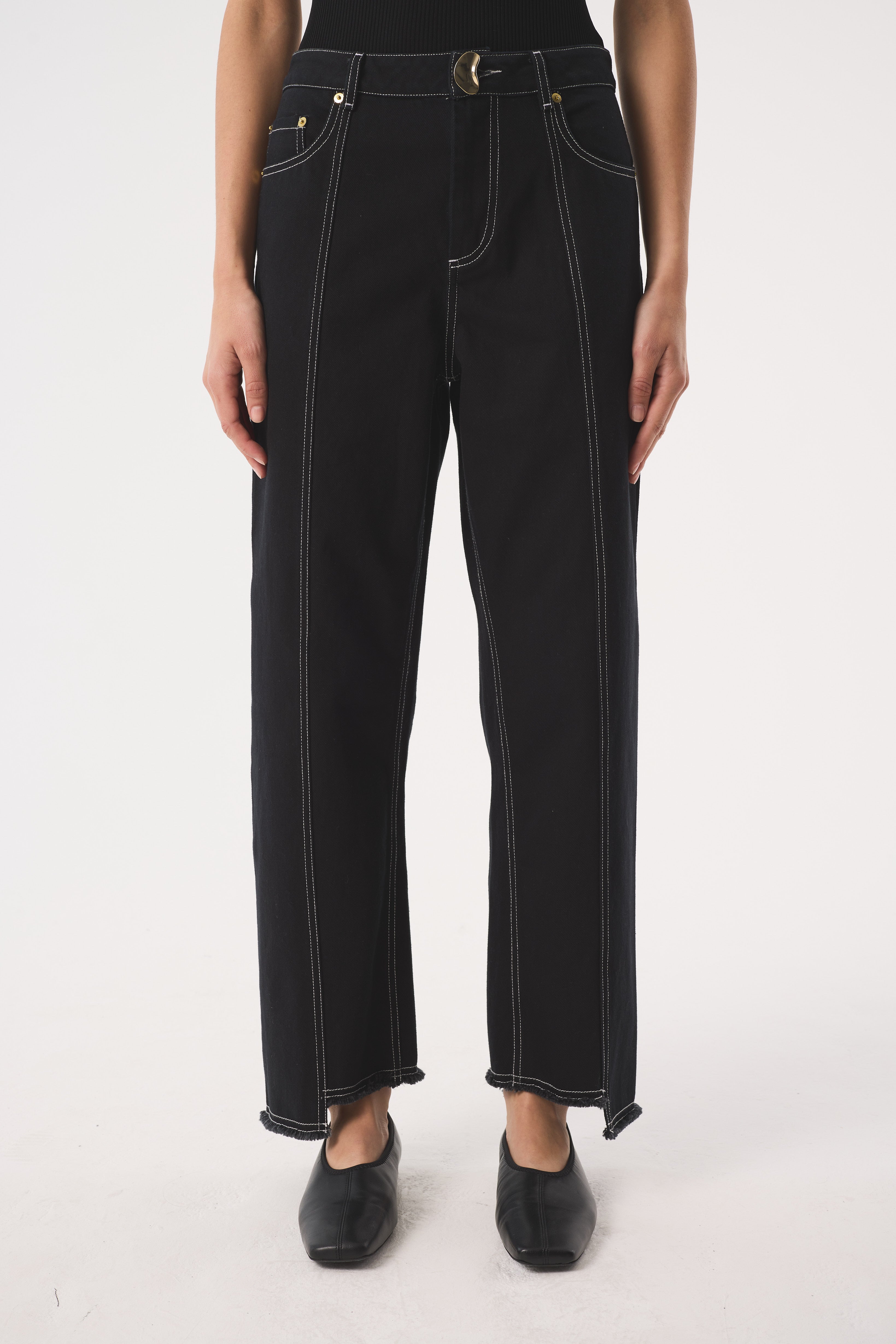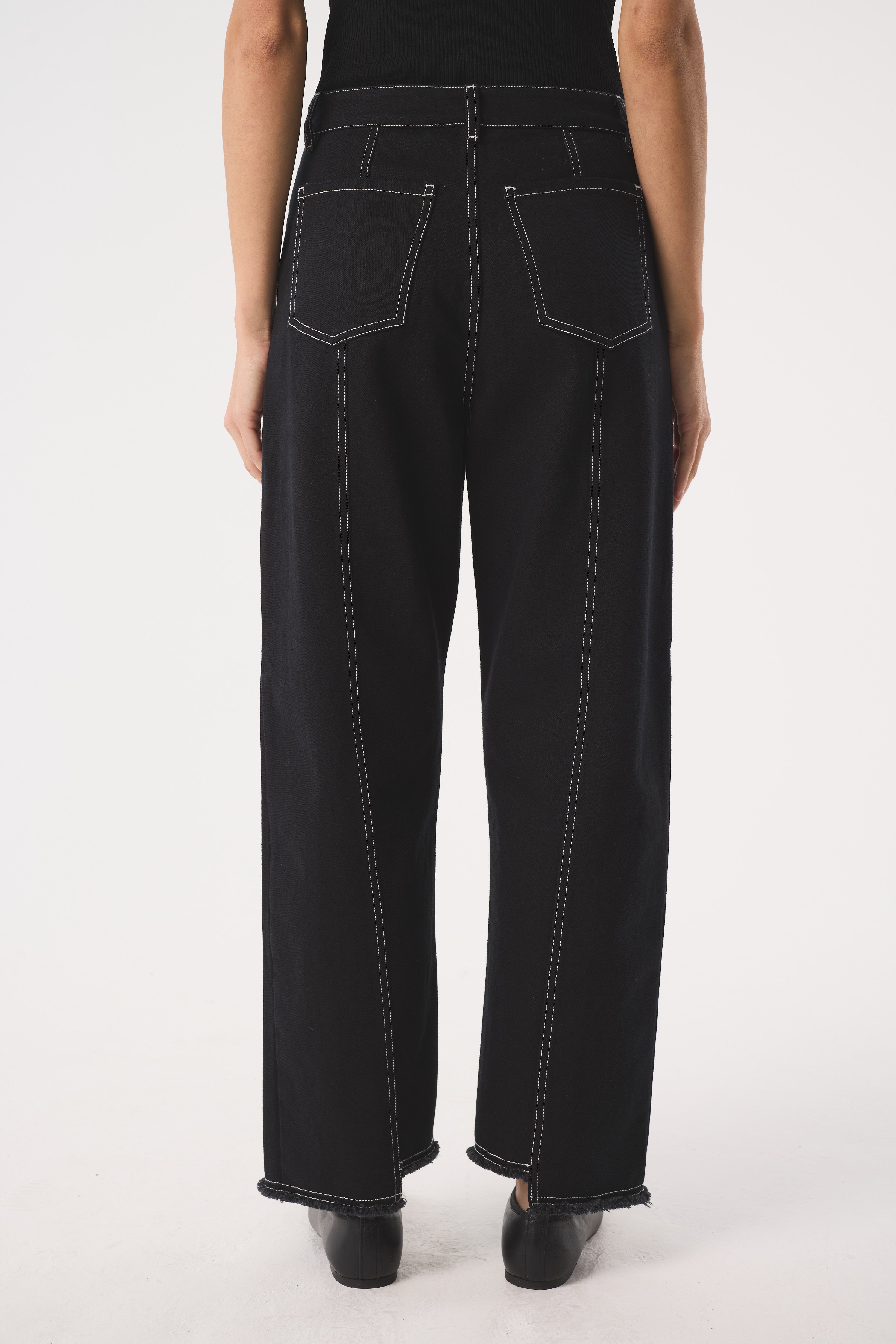For the latest in our Conversations with Kynfolk series, we spoke to sustainability strategist, systems thinker and writer, Rachel Arthur, who we are thrilled to have as a member of the AKYN Advisory Board.
Rachel is dedicated to actioning systems-level change within the fashion industry. She is a consultant and the Advocacy Lead for Sustainable Fashion at the United Nations Environment Programme, where she authored the Sustainable Fashion Communication Playbook in 2023.
In this conversation, we discuss whether ‘sustainability’ is a buzzword and the impact of collective action.
Q: You’ve worn many hats - journalist, strategist, consultant. How did your career journey lead you to focus on sustainability in fashion?
A: I think I can define my career really as being about curiosity. That sounds incredibly nebulous, but I've always wanted to know about what's coming next, how it will affect us, what all it means and how we should start thinking about it. I love the idea of change and transformation and find it exciting to explore how things can be different. I started out as a journalist reporting on exactly that within the fashion sector. Initially this was about the digital revolution and the innovations and technologies that were really evolving what fashion looked like.
Over time my work evolved into strategy and consulting, and that element of change moved into being about sustainability. At that point I had a real wake up call realising that this is the only sort of transformation that matters - that everything else I'd been feeding into was just helping to perpetuate and expand business-as-usual, which in turn was causing unintelligible damage to our planet and to the livelihoods of so many marginalised people around the world. Once you see that sort of thing you can't unsee it, so from there I made a really conscious decision to try and focus on work that I felt was contributing to systems change. That's easier said than done, not least because of the fact there's a lot of 'sustainability-as-usual' work out there, meaning efforts that look on paper like they're doing good all the while unsustainable business continues to balloon.
Today, my focus is on challenging such industry norms and on accelerating circularity in the sector. I'm really obsessed with rethinking long-term value creation in order to secure a sustainable future for people and planet, and believe fashion is the ideal case study for the economic shift required.

Q: Sustainability can sometimes feel like a buzzword. How do you separate real progress from performative marketing and how can brands and fashion media be held accountable?
A: It's become a huge buzzword, but I don't always see that as a bad thing. It has helped with awareness raising and with putting more focus, energy and resources behind pushing for change. The risk is the greenwashing that can come with it, and indeed the performative approach to it which can be about appearing to be sustainable because it's on trend merely in a bid to push more sales, which goes against of course the fundamental ethos of what this is about.
For me, then, it has to be about a really truly holistic approach to this topic. The signal is in the system-level intent, with brands today needing to demonstrate transition plans, not just positioning statements.
I authored the Sustainable Fashion Communication Playbook for the UN Environment Programme in 2023, specifically to provide a framework for how brands and the media can communicate all of this, but also play a role in contributing towards it. It shows that we have to first have honest and accurate communications as the foundation of anything we're saying on this - and policy will be really crucial here to ensure that indeed becomes mandatory and to hold the industry to account on it.
The main bulk of it though is about how we can use creativity to drive behaviour change and help us all reimagine what we consider to be of value. For decades, fashion has sold us a version of success that's tethered to overconsumption and status. One of the biggest challenges we face is reprogramming those cultural scripts. Brands and the media, or collectively those responsible for the stories that are told about fashion today, are so crucial here because they are capable of making us completely and utterly fall in love with different things. So it's about them putting that same effort into sustainability and circularity, and the only side of fashion that should matter.
“Buying less, reusing items and only engaging with small, responsible, sustainably-minded businesses should be the priority.”
Q: You’ve long explored the challenge of growth in the industry. Why is this important and what needs to change?
A: At the heart of the industry's challenges is the fact that its efforts towards sustainability are being outpaced by its growth. Billions upon billions of low quality items are being placed on the market every year and not only creating negative environmental and social impacts in the process, but ultimately ending up as mountains of waste in deserts and illegal landfill sites in the Global South.
Until we address this flood of volumes at every stage, not only will we not hit the sustainability targets we have before us, but risk the very existence of our industry full stop thanks to supply chain instability and resource depletion.
The challenge of course is how growth (and in fashion, this typically means increasingly large volumes), is ingrained in overarching financial systems and corporate culture.
As individuals, it's hard to process. But in terms of our own behaviours, buying less, reusing items and only engaging with small, responsible, sustainably-minded businesses should be the priority.
“There is no silver bullet, there is no one single stakeholder group. It's about everyone playing a part and contributing to reimagine and recreate the world in which we are operating.”


Q: AKYN is built on community and collaboration. What kind of impact have you seen through collective action?
A: Collective action is the connective tissue for systems transformation. At the end of the day, the change we're talking about is so big that it's not possible to think of it in any other way. There is no silver bullet, there is no one single stakeholder group. It's about everyone playing a part and contributing to reimagine and recreate the world in which we are operating.
It's so easy to feel very small in this, but the most effective way to drive change or to feel as though you are contributing (at any level) is to find your people and work together, and to find your voice and use it. Fashion has always been anchored in ego, but sustainable fashion is not. It's about interdependence – about how we lift each other, share knowledge, and build capacity across every layer of the system.

Q: What gives you hope and joy in the fashion space?
A: Creatives, pioneers, those willing to just do things differently and in doing so, take people along on the journey with them. People like Amy Powney, of course.
But also all of those who are unquestionably working towards this around the world, recognising the role they can play and how important sticking to their morals and beliefs on this is. The fact that they keep showing up even though this is really hard, relentless work; the fact that they care deeply even when they're not rewarded for it day to day in most cases. But you have to find hope in that, it means there's momentum for change.
And I find joy in remembering that fashion at its very core is not only a tool for self-expression, but for cultural change. We can use that for justice.
Meet our Advisory Board.
Photographer: Trisha Ward
Rachel wears our Noor Black Jacket and Perla Trousers, and Love Jumper.
Read more
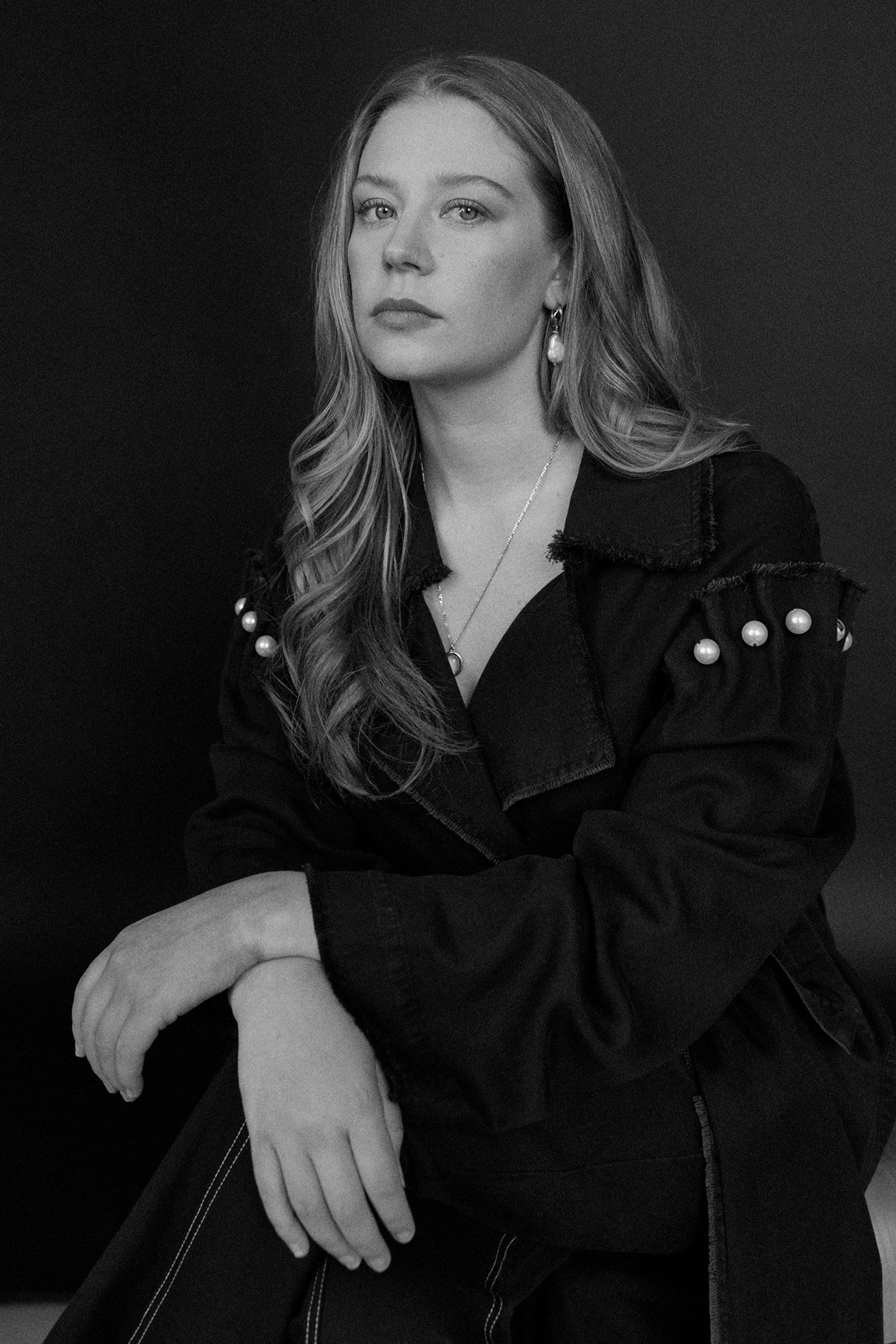
Next in our Conversations with Kynfolk series, we spoke to Grace Forrest, the founding director of Walk Free – an international human rights group working to accelerate the end of all forms of mode...
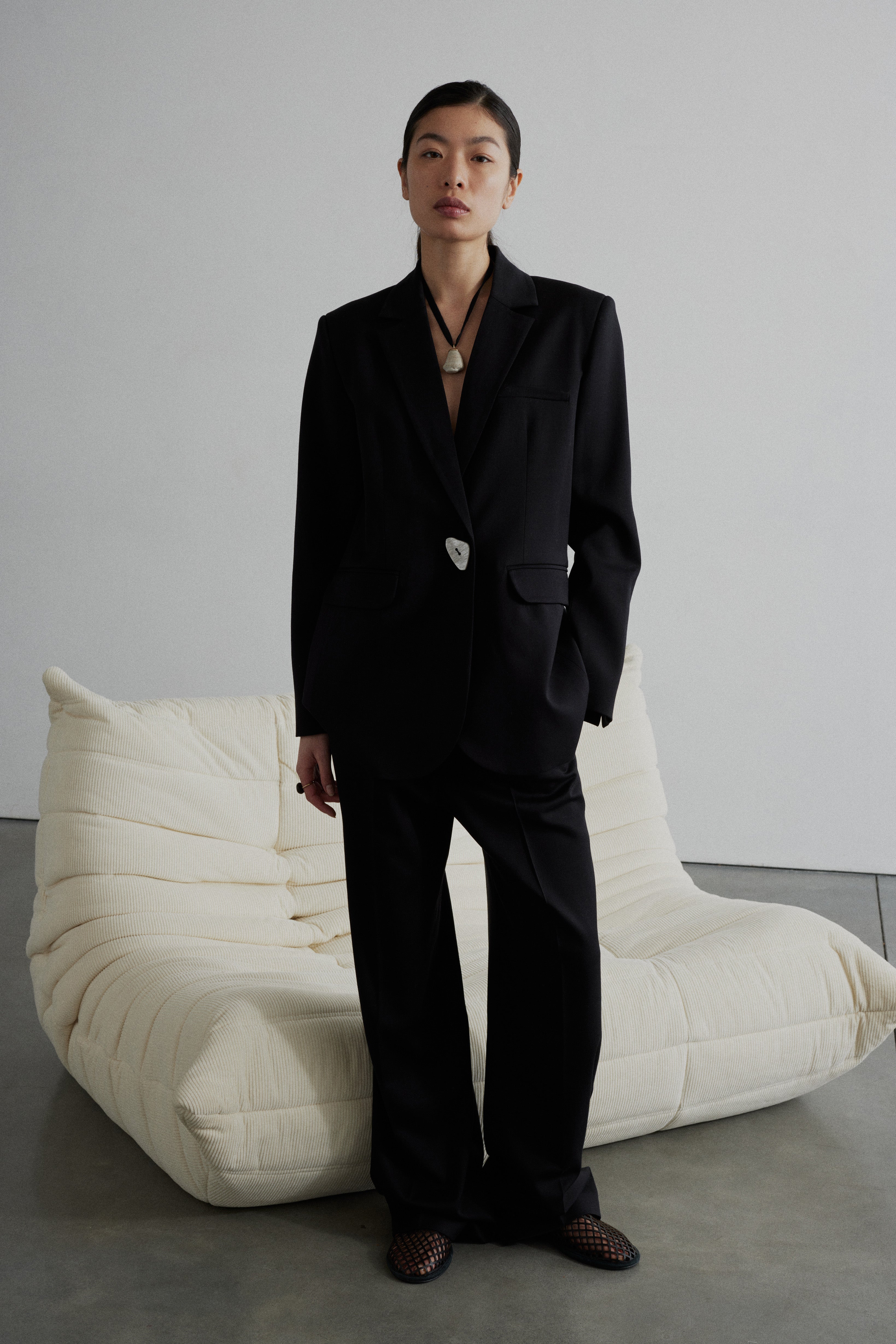
Timeless and endlessly versatile, Noor is our signature hero jacket – an elevated essential that redefines transitional dressing. Designed to carry you effortlessly from day to night, and from sea...

